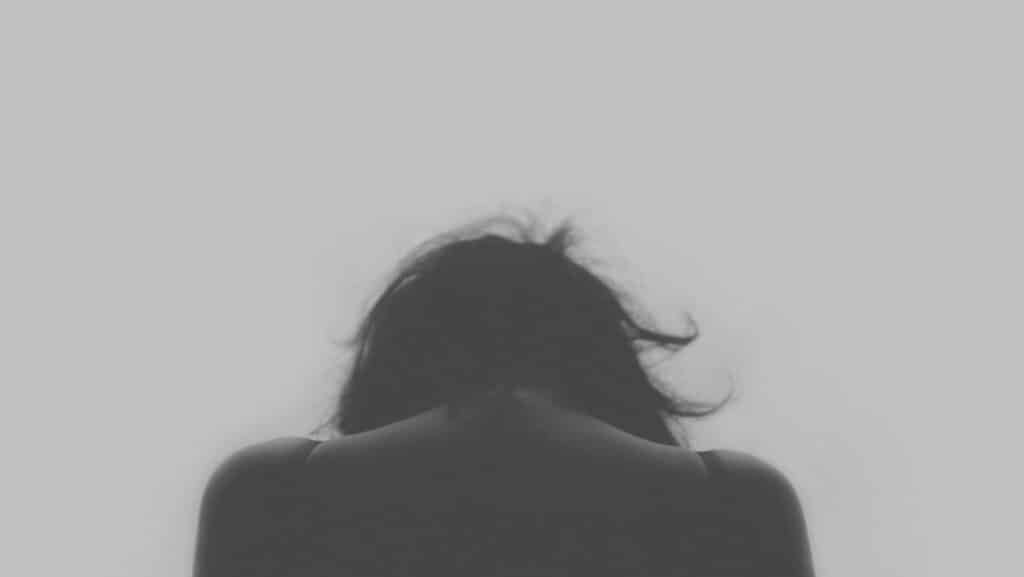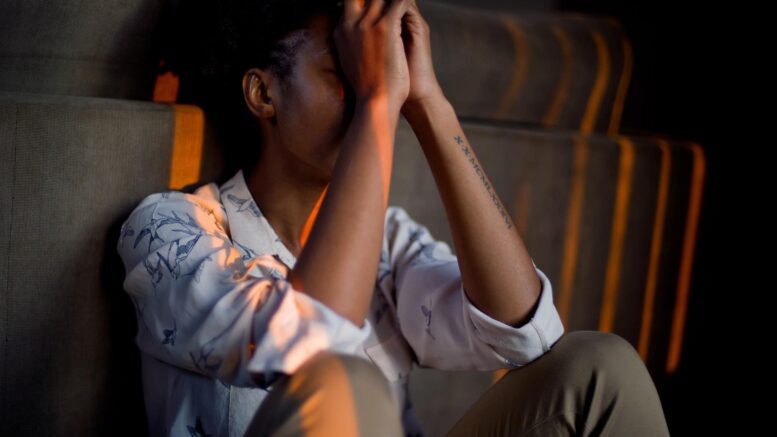Signs You Are Slipping Into Depression
Some days it might feel impossible to get out of bed in the morning. Others, taking a shower might be the most productive thing you do all day. Depression is a debilitating mental illness that few realize they are falling into.
The National Alliance on Mental Illness describes it as “not just feeling sad or going through a rough patch.”
It is a much deeper and much more serious an illness. If left untreated, it can leave a detrimental impact on yourself and others surrounding you.
It is described as the “common cold” of the mental health world. Almost everyone in life will experience a depressive episode at least once, but it still knocks you on your butt when it happens.
Sometimes it is situational, sometimes it is chronic. It depends on the person and their life situation.
Signs you are slipping into depression
1. Change in appetite or weight
When someone starts to struggle with it, they go down one of two paths. They either become depressive eaters or do not eat at all.
How your eating habits change with it will usually resemble your coping mechanisms for stressful situations.
If you are a stress eater, you’ll likely be a depressive eater. If stress forces you to lose your appetite, it will possibly do the same.
One way to stay on top of this and make sure you are getting enough nutrients and food is to track what you are eating.
People struggling with depression and not yet realizing it could find themselves gaining or losing a bunch of weight in a very short amount of time. For reference, one pound per week (gained or lost) is considered to be very fast or intense.
2. Constant fatigue
It does not seem to matter how much you sleep at night, you are always exhausted throughout the day. Sometimes it gets to the point where you are sleeping 10-12 hours and cannot keep your eyes open at work or school.
It is not only debilitating to the mind, but it takes a toll on your physical health as well. Struggling with it is a lot on your body. It works hard to make up for where your brain is lacking to ensure you have a semi-stable life for yourself.
This fatigue is escalated if you are fueling your body with poor foods. Your brain is already lacking in certain chemicals. Not eating the right foods takes away from providing your brain with the nutrients it needs.
3. Unable to start or finish daily tasks
Showering, making the bed, brushing your teeth, eating, and picking up after yourself all constitute daily tasks.
When you are depressed, it is surprising how overwhelming these tasks may seem. Even though they are simple and mundane, they can feel as hard as pushing a vehicle that broke down to the side of the road.
Give yourself grace and do not look at your tasks as a never-ending to-do list. Just take the easiest item and do it. You will feel much better accomplishing one or two tasks versus looking at a list of ten things you never touch.
Just tell yourself, “today I will do _____” and once that is done, you celebrate yourself for finishing it.
Sometimes though, the best thing you will have been able to do all day is to breathe and that is okay. Understand your brain is sick and it needs rest and healing, just like any other part of your body.
4. Feeling numb, empty, or “spaced out”
Dissociating is the medical term for this. Sometimes you will sit there and zone out for hours. You will struggle to stay present in reality.
Nothing will be wrong, per se. It feels more like you have nothing going for you and no motivation to do anything. There are no emotions inside of you, just going through the motions to get through the day.
5. Sadness that hurts deep inside your heart
Do you feel pain and sadness so deep in your chest that it physically hurts? That is depression. It is a deep and dull pain that makes you want to cry all the time.
Usually, this sadness leads to dissociating and feeling empty because it is too painful to continue experiencing. The brain is good at keeping you from being in pain constantly.
6. You want to avoid others whenever you can
Isolation puts depression on a toxic and vicious cycle. Being alone is all you want to do, but it makes you feel worse at the same time.
Idle minds breed bad thoughts.
This is something my dad told me repeatedly growing up. The more you isolate yourself, the more bad and sad thoughts you have.
The more bad and sad thoughts, the more you want to be alone. It is a never-ending roller coaster ride that keeps you from healing.
Fortunately, it responds well to treatment.
The best types of treatment are a combination of the below:
- Therapy
- Medication
- Exercise
- Light therapy
- Meditation
Other things that are beneficial to helping you heal are finding like-minded people. Find a friend you can trust that understands what you are going through.
Someone who can be trusted to force you to go out when your depression gets too bad. A person who will hold you accountable for taking care of yourself.

6 Warnings Signs You Are Slipping Into Depression
Conclusion
Healing from depression is hard. The process is like a bow and arrow. You have to get pulled back and have tension put on you before you can soar into a life not controlled by it.
If you feel like you are struggling from depression, you can contact:
- Suicide Hotline Number
1-800-273-8255
- Crisis Textline
Text HOME to 741 741
You do not have to be suicidal or in crisis to contact these numbers. They are free to use and you will have a crisis counselor on the other line ready to talk you through whatever you are experiencing.
Even if you are just scared to be alone with yourself that day, they will be there for you to lean on.
Other numbers you can contact dealing with domestic violence, suicidal thoughts, abuse, assault, or anything troubling in your life can be found here.
Depression. NAMI. (n.d.). https://www.nami.org/About-Mental-Illness/

I obtained my Bachelor's of Psychology in 2017 and Masters of Social Work in 2019. I currently work in private practice as a trauma therapist.
